

By M Alam Brohi
The enormous technological development has transformed the world into a well-connected global village that has travelled much beyond the primitive management of interstate relations. We are, today, living in a world where, as described by Richard Haas, “very little stays local; just about anyone and anything, from tourists, terrorists, and refugees to email, diseases, dollars, and greenhouse gases, can reach almost anywhere. The result is that what goes on inside a country can no longer be considered concerns of that country alone”.
The world remained in flux even after the collapse of the Soviet Union and end of the dreaded cold war. The unipolarity, given the authoritarian nature of the concept, played a contributory role in exasperating the political, economic and strategic conflicts and border disputes that underlined the interstate relations. The flashpoints in Africa, greater Asia, and Europe -particularly in South China Sea, Indo-China and Pacific, Korean Peninsula posed a serious threat to international peace and security.
The rise of China as an economic superpower triggering the possibility of Sino-US confrontation in South East Asia and Pacific added a new chapter in the interstate rivalries and competitions, and speeded up the process of realignment of states for multi-polarity or political and diplomatic multi-lateralism to counter the hegemony of the US in the global power politics. Though formally undeclared, regional political, economic and strategic groupings are already in evidence. China has been playing a vital role in these groupings. This process of change has become irreversible.
As part of the process of the changing world order, the major economies of the world under BRICS held its 15th Summit in Johannesburg (South Africa) from August 22 to 24, 2023. The group represents 40 per cent of the world population and 32.1 per cent of global GDP of $105 trillion surpassing the combined share of G-7 countries at the global level estimated at 27 per cent in 2022. The Summit focused on “BRICs and Africa: Partnership for Mutually Accelerated Growth, Sustainable Development and Inclusive Multilateralism”.
The establishment of BRICs and its expansion indicates the disillusionment of the emerging economies with the G-7 states and underscores the need for a comprehensive and representative order giving a new perspective to the international cooperation for peace and security and economic development free from hegemony, sanctions and protectionism. Over 40 countries from the Global South with economic potential are desirous of joining the grouping.
Decisions for expansion are taken by consensus. The varying political, strategic and economic interests of the member countries influence these decisions. This underscores a cautious approach. In this Summit, six countries including Iran, Saudi Arabia, United Arab Emirates, Egypt and Ethiopia were invited to join the BRICs. Bangladesh was placed on the list of prospective members. The expansion has increased the group’s weight in international affairs, and now the block accounts for a GDP of $31 trillion and most significantly controls 90 per cent of the oil exports.
The Summit debated a number of proposals that could reshape the future of international trade and economic cooperation. These included the de-dollarization of trade; the strengthening of the New Development Bank (NDB) and BRICs Bank for the enhancement of integrated trade and economic development; the mobilization of resources for infrastructural and sustainable economic development within BRICs as well as for other Emerging Markets and Developing Countries (EMDCs). President Xi Jinping established a fund of $10 billion for the purpose. The de-dollarization of trade would take a long haul for implementation as currently 88 per cent of the global trade is carried out in dollar.
The NDB would continue to finance projects in local currency to protect borrowers from fluctuations. The other subjects that remained under focus were trade and investment, agriculture, green economy, entrepreneurship and SMEs, the African Continental Free Trade Agreement. The Summit reiterated its demand for the release of $100 billion pledged by the G-7 countries to help address the intensifying challenges of the climate change.
The G-20 Summit held in New Delhi recently was hailed by Indian leaders as a landmark success contrary to the adverse views of many commentators. The Summit, notwithstanding the Indian bravado, would, indeed, be remembered for the watered down consensus statement on the Ukraine war causing huge disappointment to embattled Ukraine; the half cooked proposal for the India-Middle East-Europe Economic Corridor (IMEEC) projected as an alternative to the China’s Belt and Road Initiative (BRI), the absence of China; the shifting of Indian policy from non-aligned to multi-alignment, and the inclusion of the 55-nation African Union as a member.
The G-20 has had a significant role to play in building back a better world. Together, the group accounts for 86 per cent of global GDP, 73 per cent of international trade, and two thirds of the world’s population. However, the group has not been able to assume that leading role, and seems struggling to keep up with the BRICs. Some experts on global trade have even discarded it as an effective force to align its members’ trade and industrial policies.
In contrast to the last year’s Joint Statement, the declaration on Ukrainian War this year called on all states ‘to refrain from use or threat of use of force for territorial gains, and that “the threat of use of nuclear weapons is inadmissible” prompting the Ukrainian Foreign Minister to say “the G-20 has nothing to be proud of”.
The US propelled project of multi-national rail, shipping, and trade and investment connectivity linking India with Middle East, and Europe is seen as an ambitious project to counter China’s Belt and Road Initiative. This Economic Corridor, hailed by President Joe Biden as a big deal to build back a better world, includes India, Saudi Arabia, United Arab Emirates, Jordan, Israel and EU. Iran, the most significant country of the region, has been excluded from the project for being the bête noire of the US. While it remains to be seen how this project pans out, the China’s BRI has already connected with 152 countries. Would Washington DC finance this multi-trillion project is the main question.
The Summit made a small gain addressing the disaster of climate change. It backed the proposal of limiting the global warming to 1.7 centigrade. This will require reducing greenhouse gases by 43 per cent by 2030 from 2019 levels, and developing countries will need $5.9 trillion in funding to achieve their climate targets. However, the leaders failed to agree on phasing out of fossil fuels, with the member states, home to 93 per cent of the world’s operating coal power plants and around 80 per cent of global emissions, committing only to a “phase down of coal”.
China’s absence from the Summit was a snub to India. The Chinese perception is ‘the G20 harbors an anti-China agenda, and plans to reshape global governance to the disadvantage of China.
However, President XI Jinping would attend the upcoming Asia-Pacific Economic Cooperation Summit in San Francisco in November this year. This is generally viewed as China’s attempt to rebuild some trust with Washington DC, as the international peace hinges on the Sino-USA relations.
Pakistan is a member of many important economic forums and regional groupings. But its role has remained peripheral for a number of factors. The major or medium economies of the world that have progressed well within the global competing geo-economics have heavily invested in education, promotion of technology, health and development of human resources and followed a constitutional order defining the roles of the state institutions including executive, legislature, judiciary and ensuring non-partisan constitutional bodies, independent judiciary and honest civil service.
Historically, the track record of Pakistan has been very poor in pursuing a credible political system. We have lurched between autocracy, military rule, lame democracy and hybrid rule with the political leadership helplessly playing a second fiddle. We have also failed to show the will to overcome the chronically yawning gap between our revenues and expenditures. This gap has kept widening forcing us to resort to excessive borrowing and bailouts. Our external debt has reached the alarming figure of over 70 per cent of the GDP. The chronic fiscal deficits have confronted the country with a perpetual balance of payment problems.
“This crisis, today, has to be addressed in an adverse global environment where financial market conditions remain tight. All the economic trends for the country are negative and unlikely to be reversed any time soon,” says Maliha Lodhi.
We also lag far behind in the development of human resources. The UNDP’s Global Human Development Report of 2022 ranks Pakistan’s Human Development at 161 out of 192 countries. The World Bank report places Pakistan in the list of sub Saharan African countries in the Human Capital Index being the lowest in Asia at 0.41. Unfortunately, the education deficit occupies the lowest place in the ruling elite’s priorities. It is a shame that Pakistan has 20 million children out of school between the age group of 5-16 years. This makes the world’s second highest number of Children remaining unschooled after Nigeria. This means 44 per cent our children do not go to school.
It is alarming and shameful – to say the least. We have to tackle our political and economic problems on emergency basis if we want to have a reasonable share of the apple pie of the changing global geo-economics.
M Alam Brohi is a senior analyst, author and former ambassador. He can be reached at brohialam7@gmail.com
The online content is the sole responsibility of the writer.

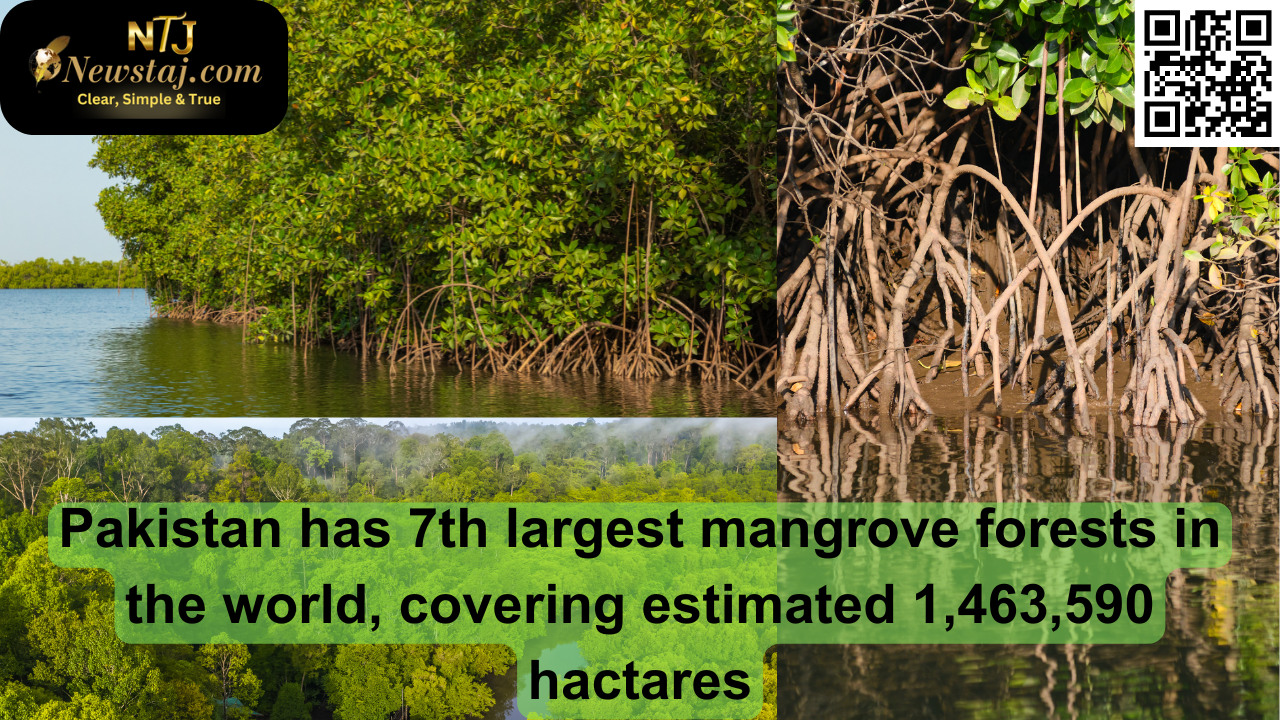


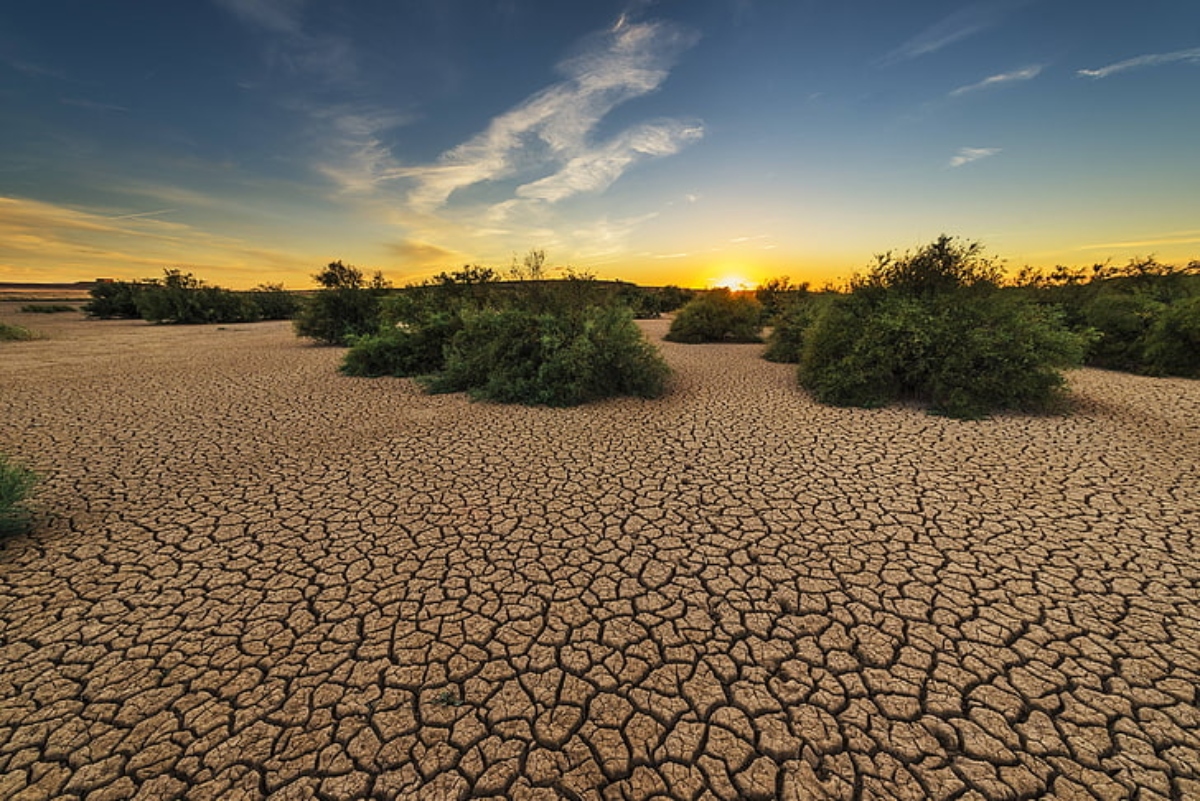
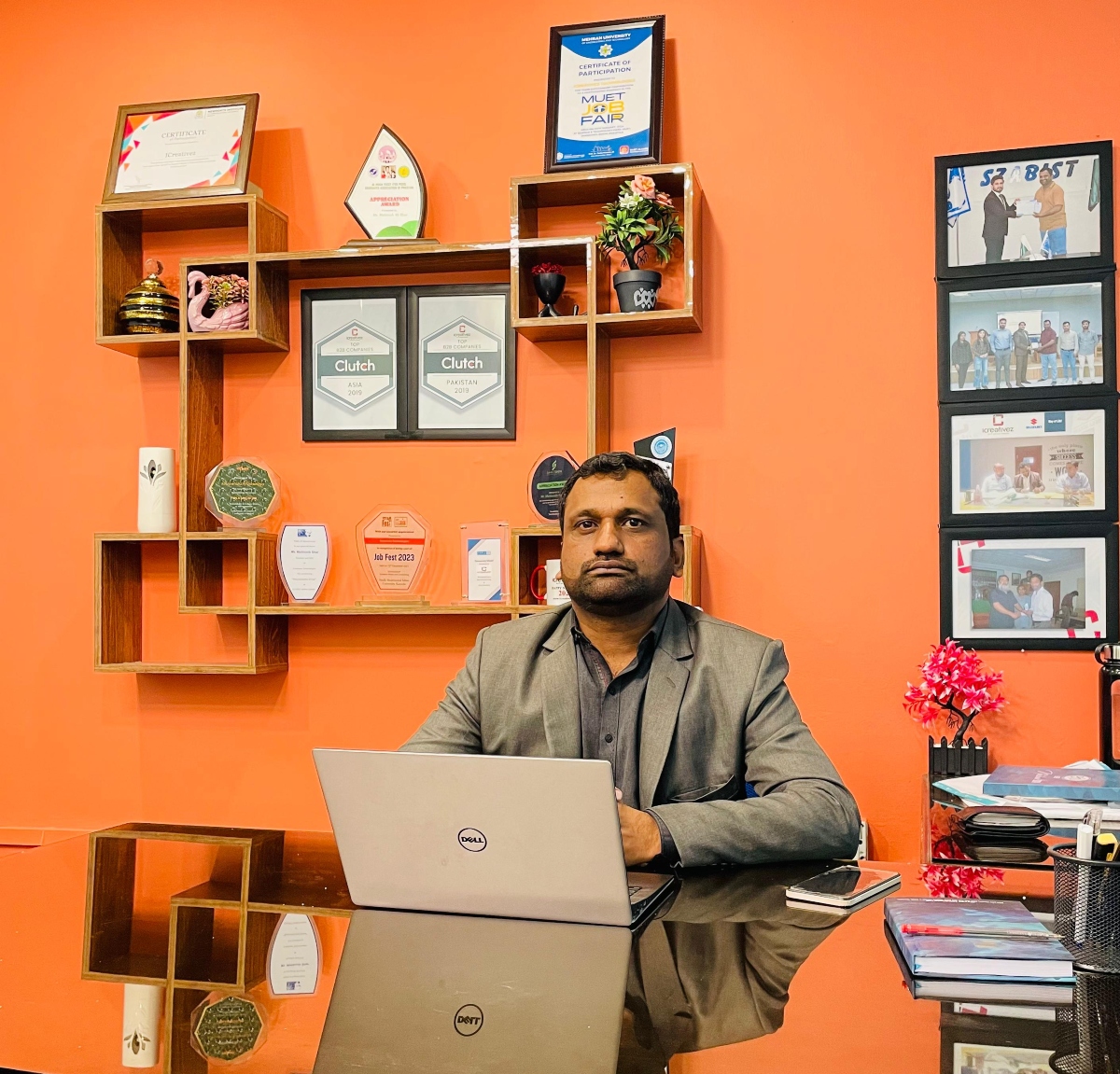



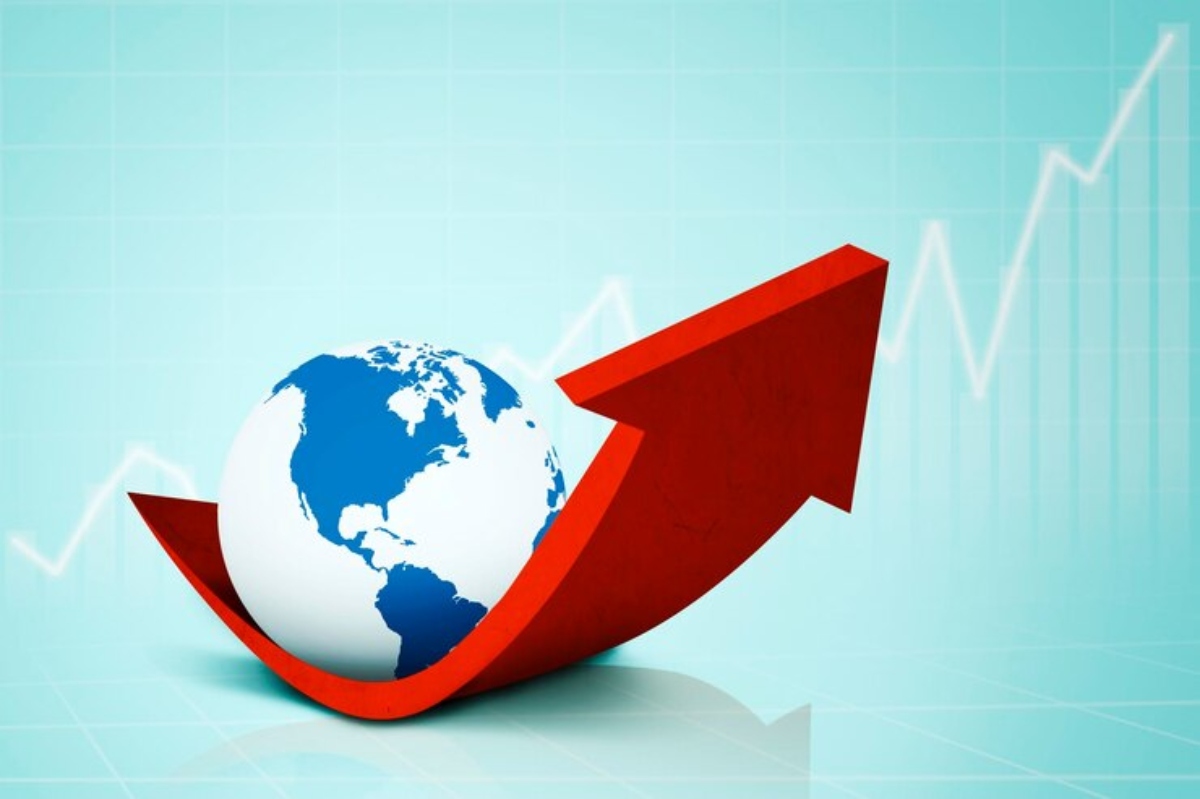
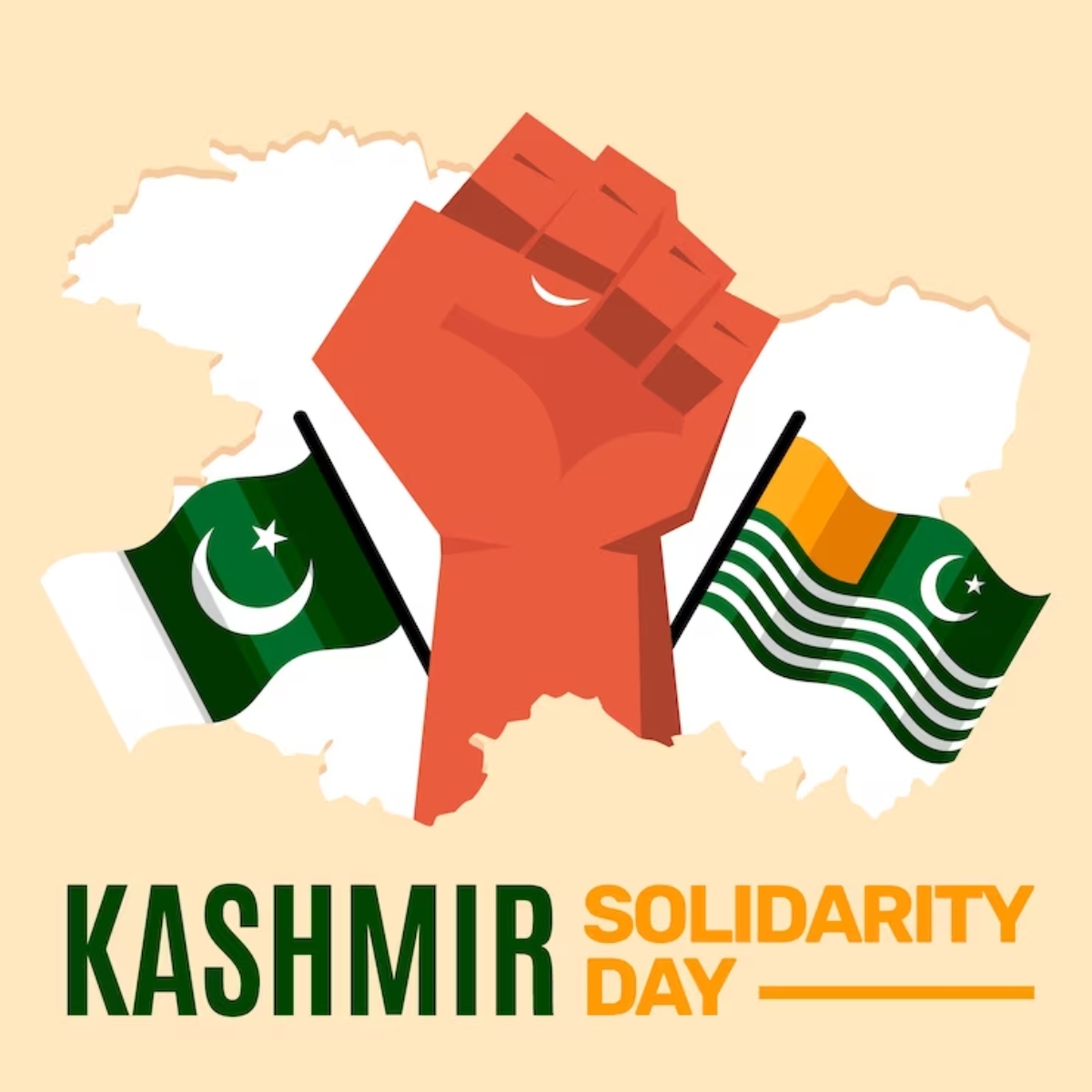
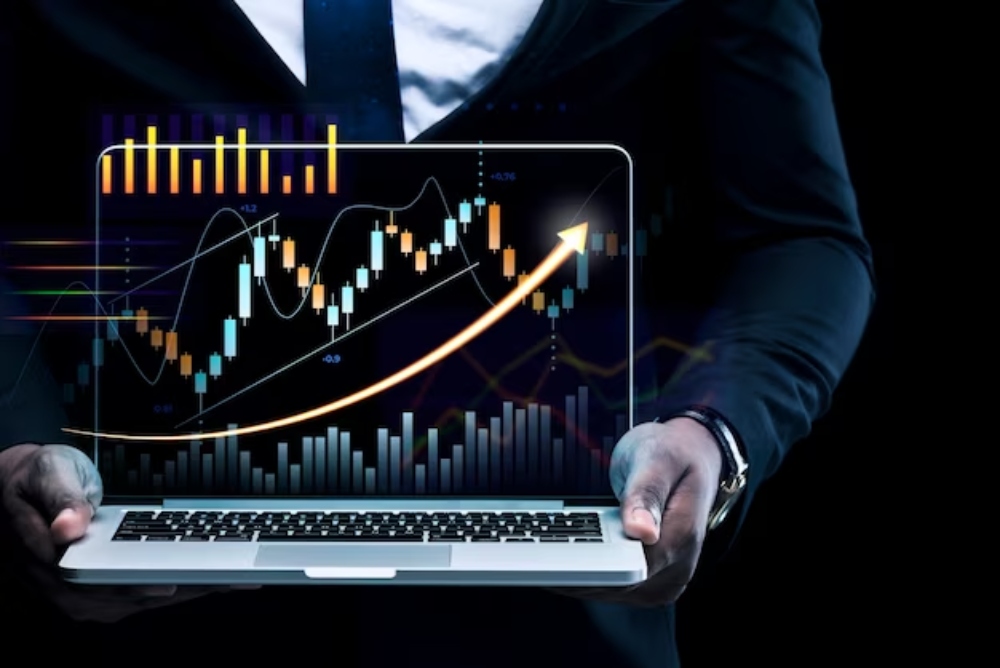





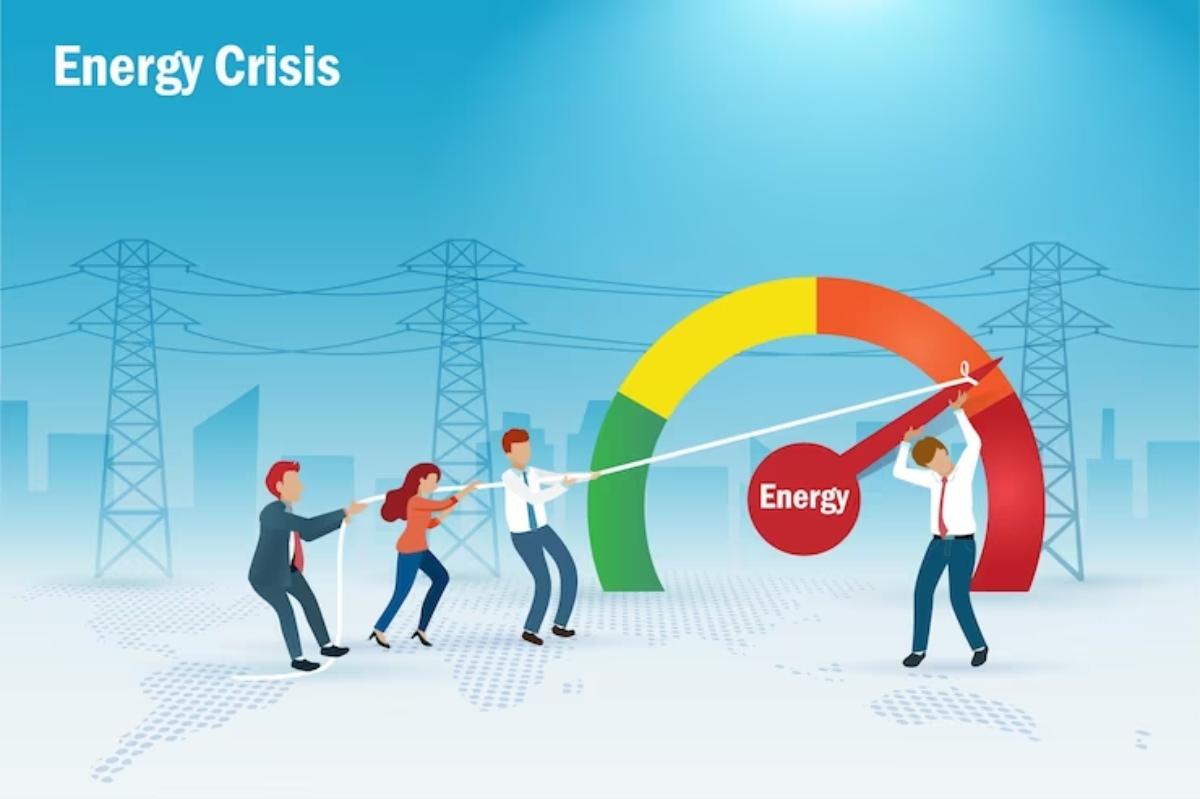


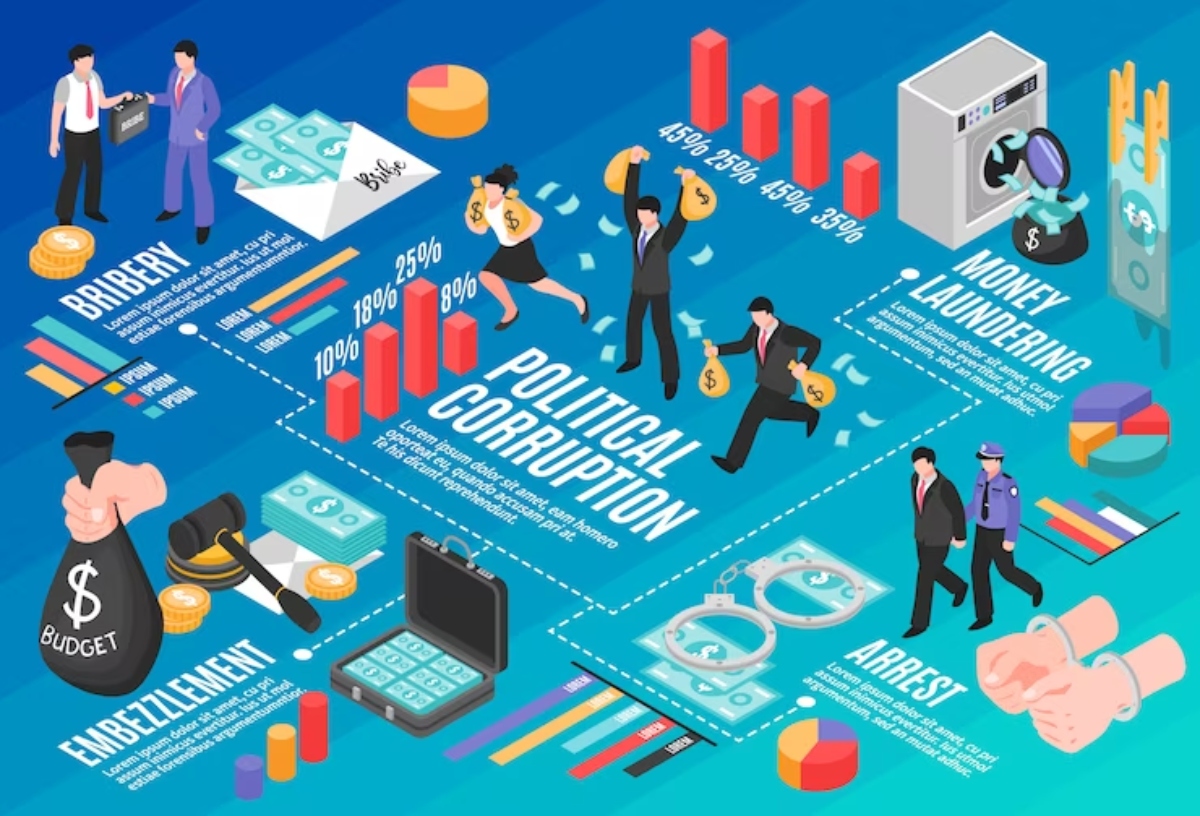



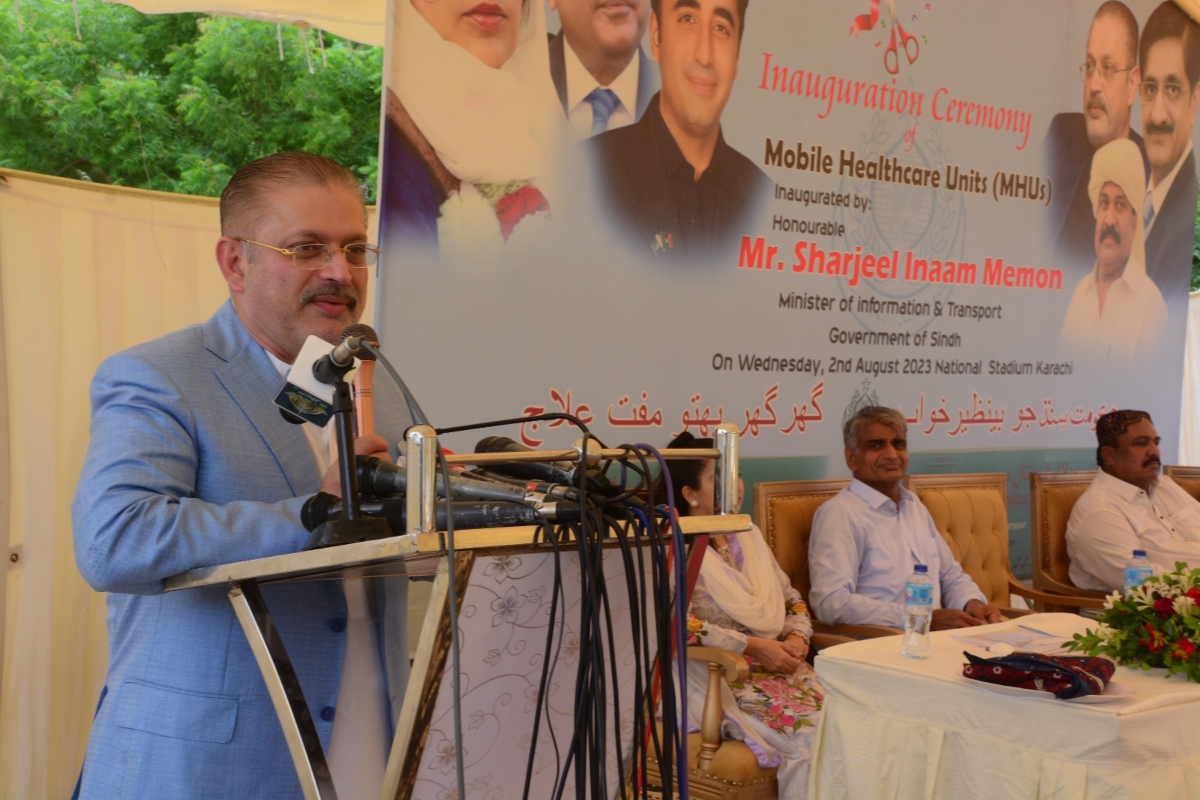

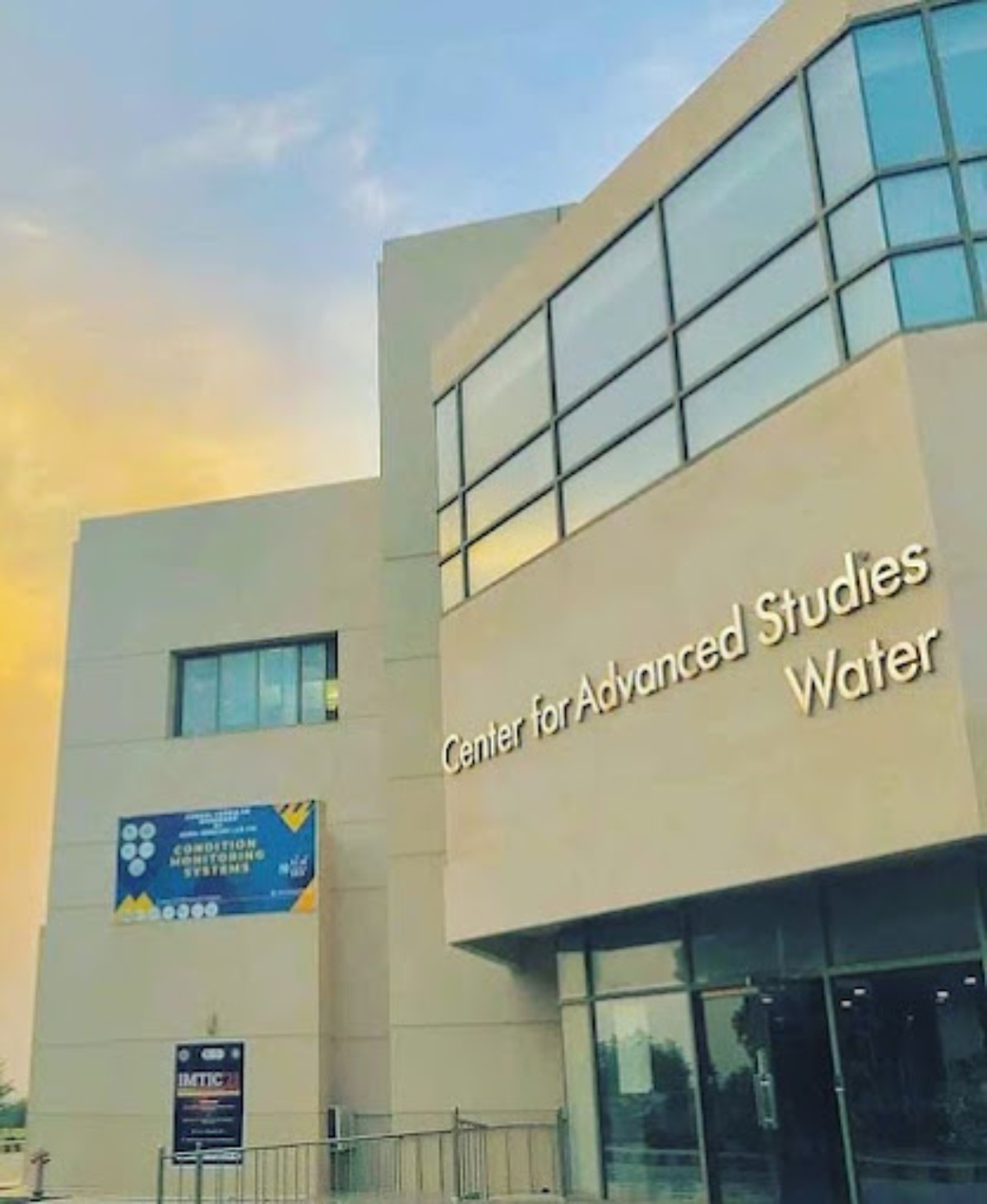
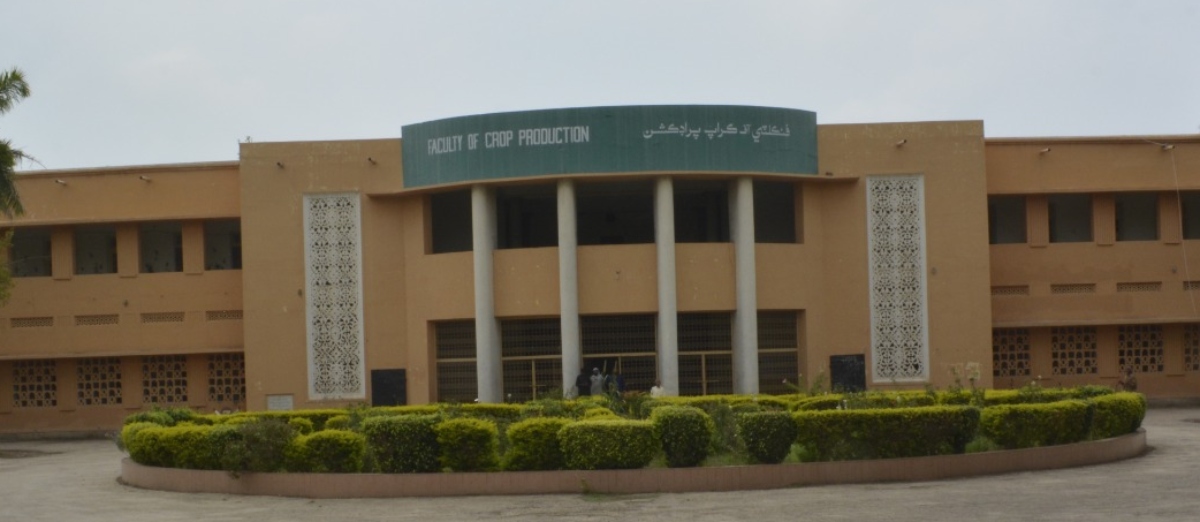

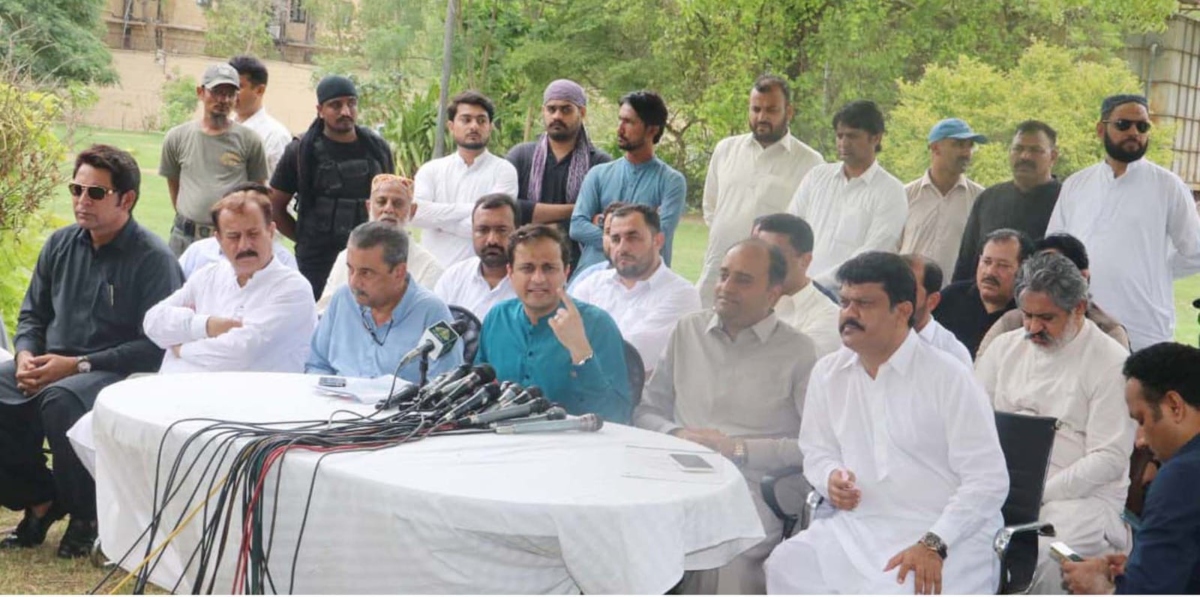
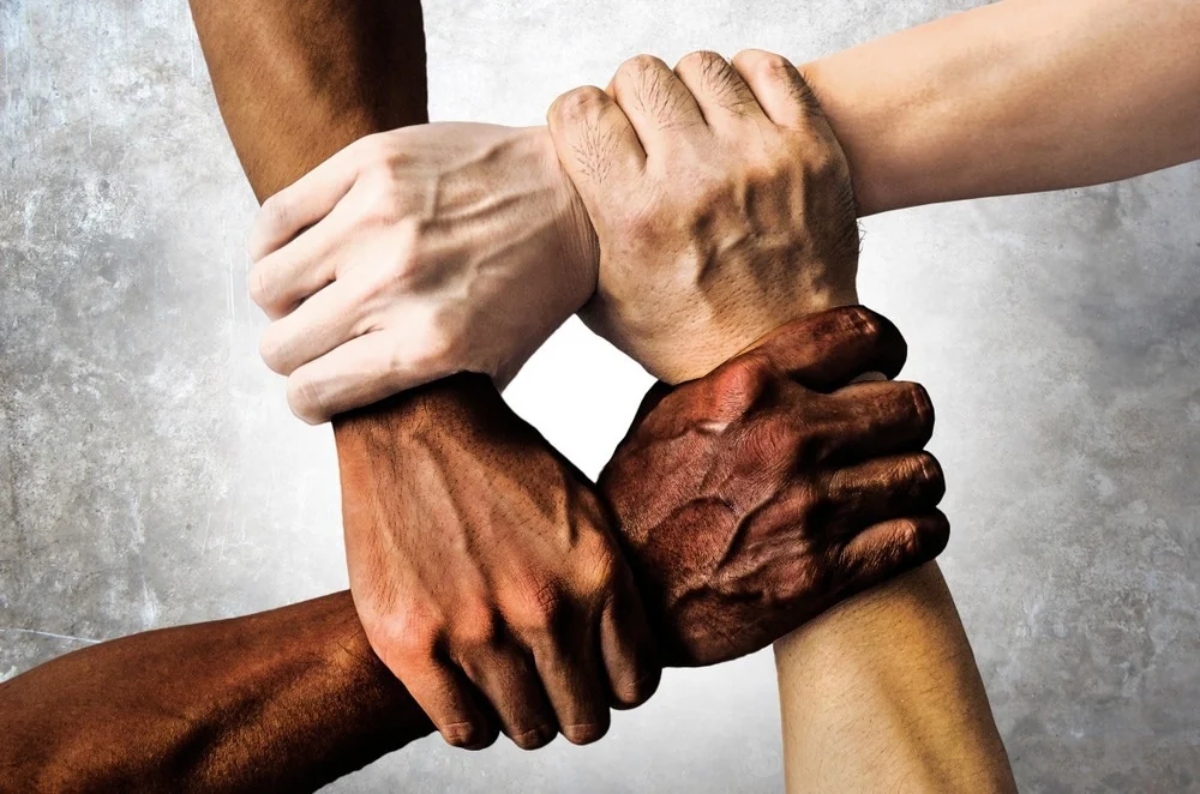


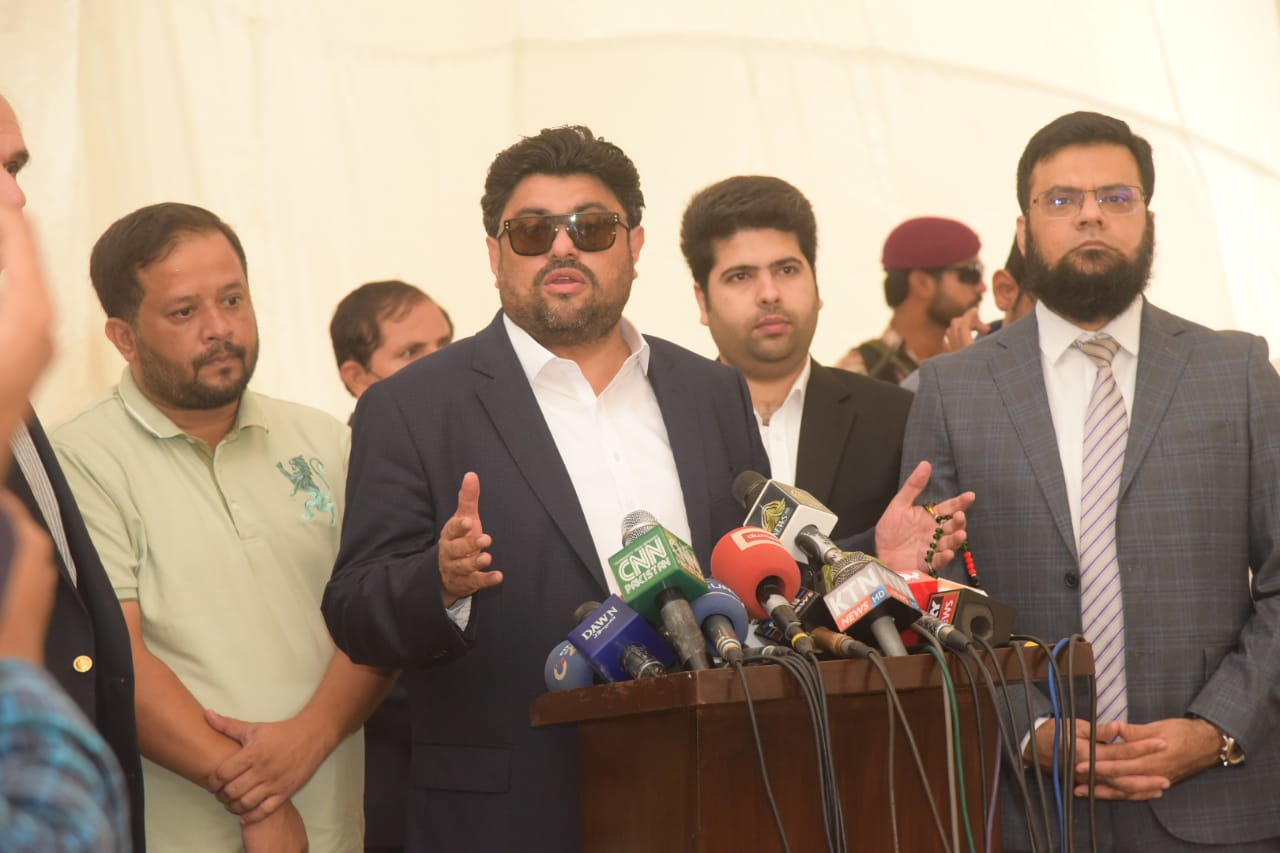
Perfect! reading this article has given me a lot of info as a digital nomad.
Good work! an amazing command over the topic!
It is true and worth-reading! I am very fond of reading such articles and looking for such material on various websites.